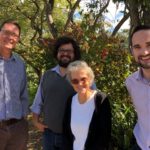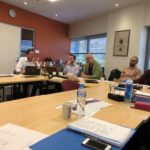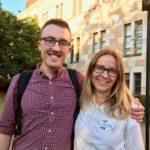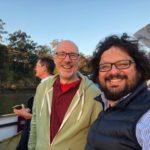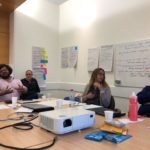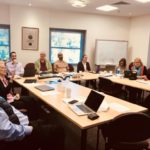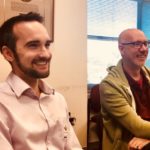Creating better livestock data through collaboration
Millions of families in low and middle income countries rely on livestock for nutrition and livelihood. However, their animals are often undernourished and/or suffer poor health, and thus many are producing significantly lower yields than they are capable of achieving. This is something that we want to change.
We are part of the Livestock Data for Decisions community, which is facilitated by Supporting Evidence-Based Interventions (SEBI), based at Edinburgh University. The community aims to drive better livestock development decisions through improved data and analysis. The community members, from different organisations from around the world, meet regularly to share and collaborate on expert knowledge and innovations that can improve livestock health and productivity. At a recent meeting, we found that there was an opportunity to improve livestock data through collaboration with GALVmed, the International Livestock Research Institute (ILRI) and SEBI.
GALVmed makes livestock vaccines, medicines and diagnostics accessible and affordable to the millions in developing countries for whom livestock is a lifeline. GALVmed are getting some glimpses into the impact of this work – but developing a much fuller understanding of this is critical to their work.
Having seen us present our LiveGAPS modelling work at the Livestock Data for Decisions meeting GALVmed realised that our approach could provide the sort of understanding around impact that will add significant value to their work.
We met with GALVmed, ILRI and SEBI in August 2018 to establish how we can work together to estimate the impact of GALVmed’s work at a range of scales. Over two days we got to know each institution’s capabilities and established what data and tools we can use to develop new models and new approaches to estimate impact.
We are happy to collaborate with ILRI on this as they bring expertise in animal health economics, value chain analysis, and epidemiology as well as deep partnerships throughout the developing world.
Together, CSIRO, ILRI, GALVmed and SEBI can develop an impact case study approach that will help GALVmed to better targets its interventions in Africa and Asia. This will assist GALVmed to have impact in helping to assist the greatest number of families to rise out of poverty and hunger towards a more healthy and happy future.

